By Ross Moyo
The World Health Organisation (WHO) has urged regional African bodies to update their vulnerability and adaptation assessments in the region, which it stated are more than five years old and hence overtaken by new climatic conditions.
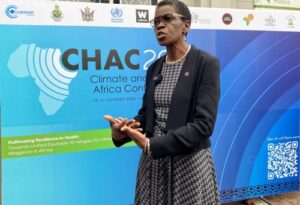
WHO made the revelations at the inaugural Climate and Health Africa Conference (CHAC 2024) held in Harare, yesterday were President Mnangagwa, Vice President Dr Constantino Chiwenga, Defence Minister Oppah Muchinguri-Kashiri, Minister of Health Dr Douglas Mombeshora and CHAC 2024 chair Dr Fortunate Machingura facilitated Zimbabwe as hosts of the conference that was attended by the World Health Organisation (WHO), and Alliance for Transformative Action on Climate and Health – a global platform that brings together countries interested in integrating climate decisions into their health systems.
WHO Africa regional office director (the Healthier Populations Cluster), Dr Adelheid Onyango, said urgent action was needed to build resilience and reduce the volatility of African health systems.

“Most of our vulnerability and adaptation assessments in the region, however, are more than five years old, and they will need to be updated. The new generation of climate change is a new generation of innovation. We are excited to be able to raise funding for all these initiatives. This crowdfunding initiative will cement the impact of climate change on our economy. We will be committed to fostering global climate change. This conference offers us the opportunity to discuss and improve knowledge from different disciplines on how to design and implement multisensory functions and find a quality education while really resilient,” she said.
Dr Douglas Mombeshora, Minister of Health and Child Care in his address said climate change was the world’s biggest threat to humanity, threatening to reverse economic progress and any gains.
Dr Mombeshora reiterated Zimbabwe’s commitment to the Paris Agreement to reduce carbon emissions for the protection of communities from climate change-related health challenges.

“The importance of nationally determined contributions cannot be overstated. They map out each nation’s unique path towards reducing emissions, and for Zimbabwe, they ensure that health, as a vital component, is firmly integrated into our climate-sustaining. Nationally determined contributions are more than policy tools. They are the cornerstone of our plans towards sustainable development. They ensure that health is central to our climate action,” Dr Mombeshora said.
Dr Fortunate Machingura, CHAC 2024 chairperson underscored the importance of resource mobilisation to address the health challenges brought about by climate change.
Dr Machingura said it was unfortunate that the African continent was hardest hit by climate change, yet it had the fewest resources to cope and had received minimal support from those responsible for its growth.
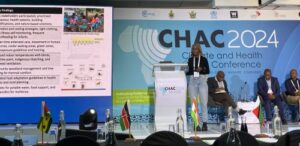
“This conference signifies not just a gathering of minds, but a bold march toward knowledge, resilience and an African-free agenda. Together, we embark on this historic journey, grounded in the knowledge systems of our peoples and inspired by dynamism. Indeed, this assembly is a testament to Africa’s strength. Today, we stand not in desperation, but in our determination. We now rally to confront the climate crisis,” Dr Machingura said.
Over 400 individuals were in attendance and 20 ministerial representatives, along with more than 30 high-ranking officials from African governments were also present.
Ministers of Health from the continent also attended a high-Level meeting later yesterday to come up with a unified action as they strategise on key health-related climate initiatives, on the sidelines of the conference.
Dialogue on climate change and health policies across Africa, enhance collaboration between health and environmental sectors and ensure the establishment of a roadmap outlining Africa’s health and environmental priorities leading to COP29 and COP30, was further fostered and entrenched by the conference.
Furthermore, the conference is expected to come up with a commitment that will guide climate action going forward.
“Together, and in line with initiatives being made by other African countries and the developing world, we will publish the Harare Africa Health and Climate Declaration, a firm commitment to building health resilience in the face of climate change. As we move forward, we must do so with unity and solidarity. This is Africa’s moment to stand tall with a unified voice and clear, concise key messages that reflect our collective aspirations,” President Mnangagwa said in his official opening of the conference remarks.
Mnangagwa even challenged African nations to establish climate-resilient health systems by embedding climate adaptation and mitigation strategies into national health plans and national development strategies.
The President said, this included developing early warning systems as well as strengthening the health infrastructure workforce to ensure resilience in the face of growing climate risks.
“The decisions we make at this Conference should, thus, pave the way for a healthier, more sustainable and prosperous Africa, where no one and no place is left behind. We must build climate-resilient health systems that can adapt to and shield our people, health workforce and systems from hazards,” he said.
The Head of State also emphasised the importance of research and surveillance in understanding how climate change was impacting health.
“Let us leverage public-private partnerships and global collaborations to ensure adequate financing for climate-resilient health systems. Strengthening human resources through technical training, South-South co-operation, and ongoing support for researchers is crucial. Our institutions of education are challenged to integrate climate resilience into the core of their operations, development plans and monitoring frameworks, among other programmes,” he added.
The Commander in Chief of the Zimbabwe Defence Forces also said resources for funding climate adaptation programmes remained low and called for developed nations to honour their commitment made at the COP26 to assist in ‘Just Transitions’ that promote sustainable development, the eradication of poverty, and the creation of decent jobs.
Mnangagwa’s Deputy, Vice President Dr Constantino Chiwenga, Zanu PF National Chairman and Defence Minister Oppah Muchinguri, Cabinet Ministers and senior Government officials also attended yesterday’s conference.


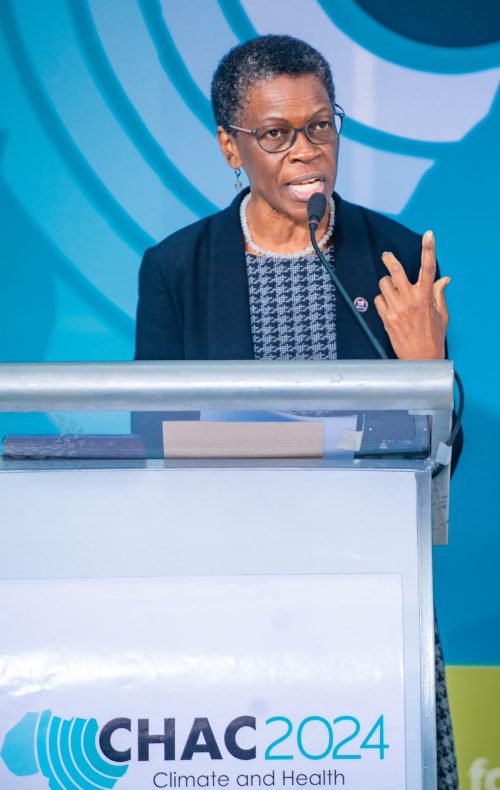
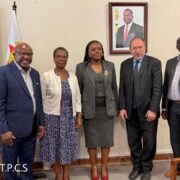


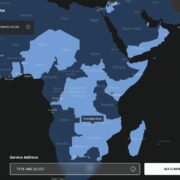

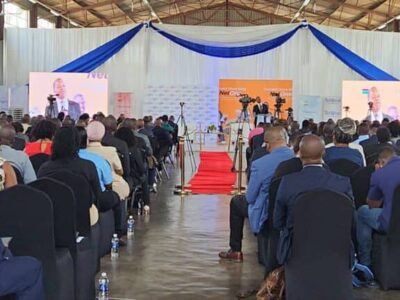
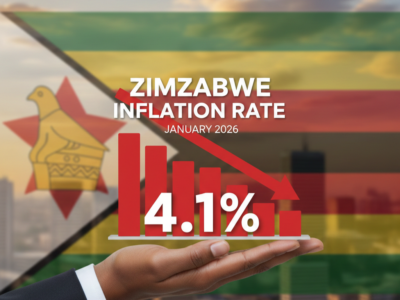




Comments